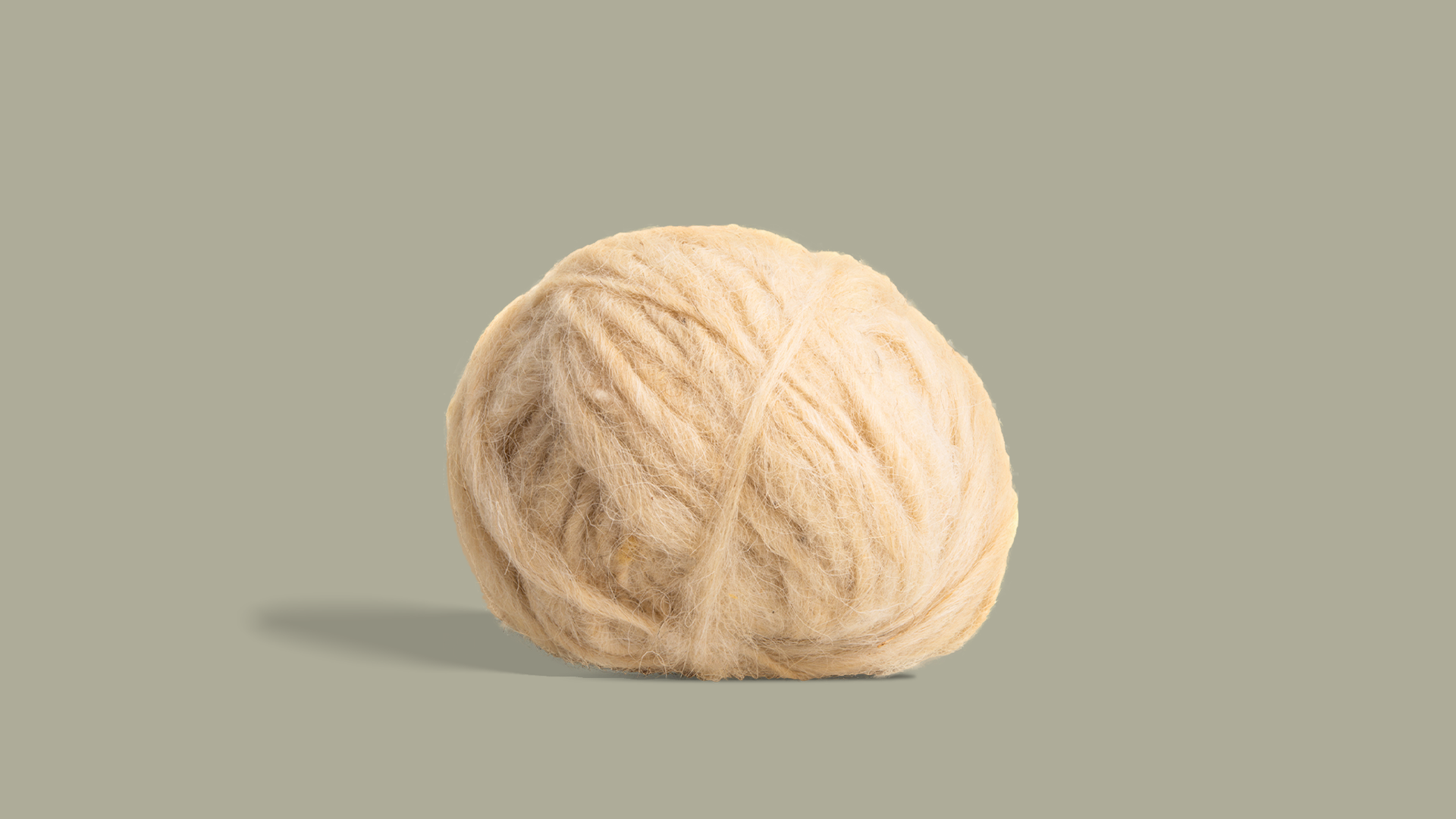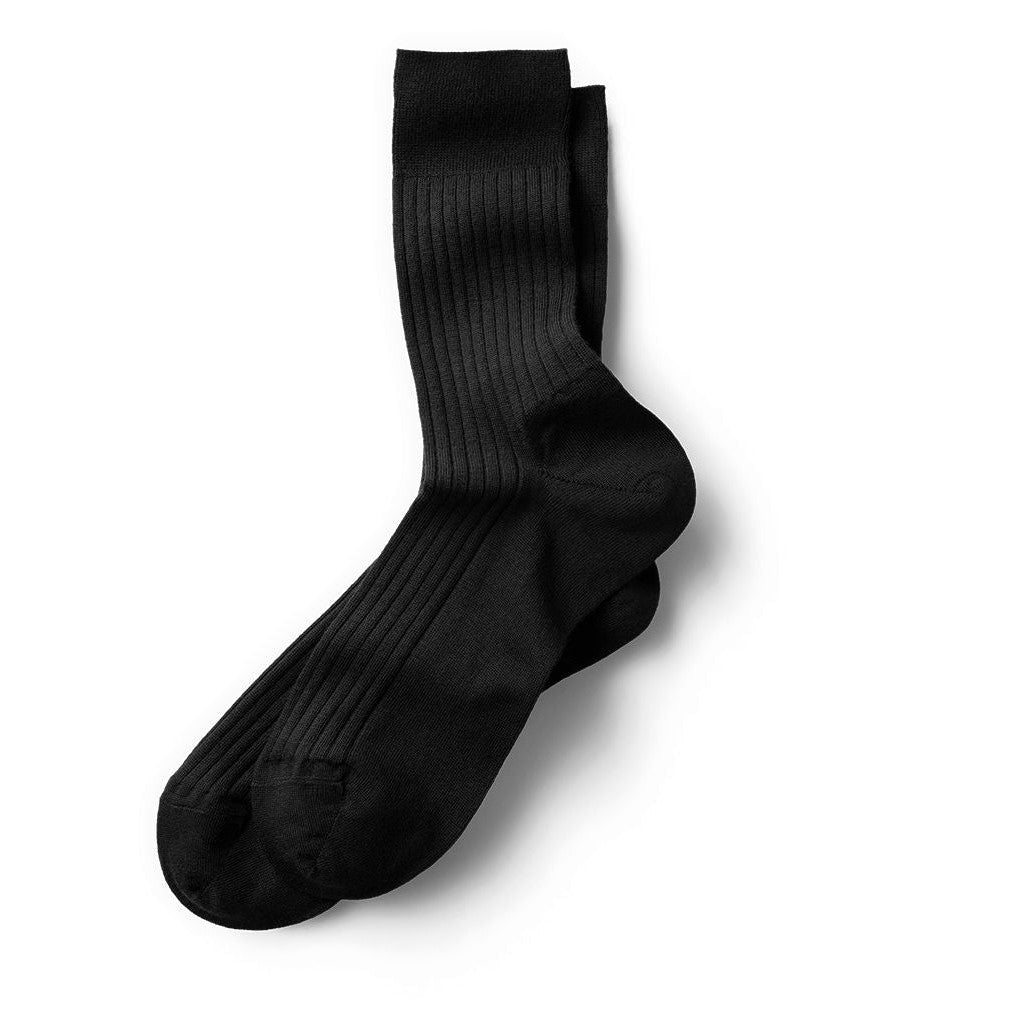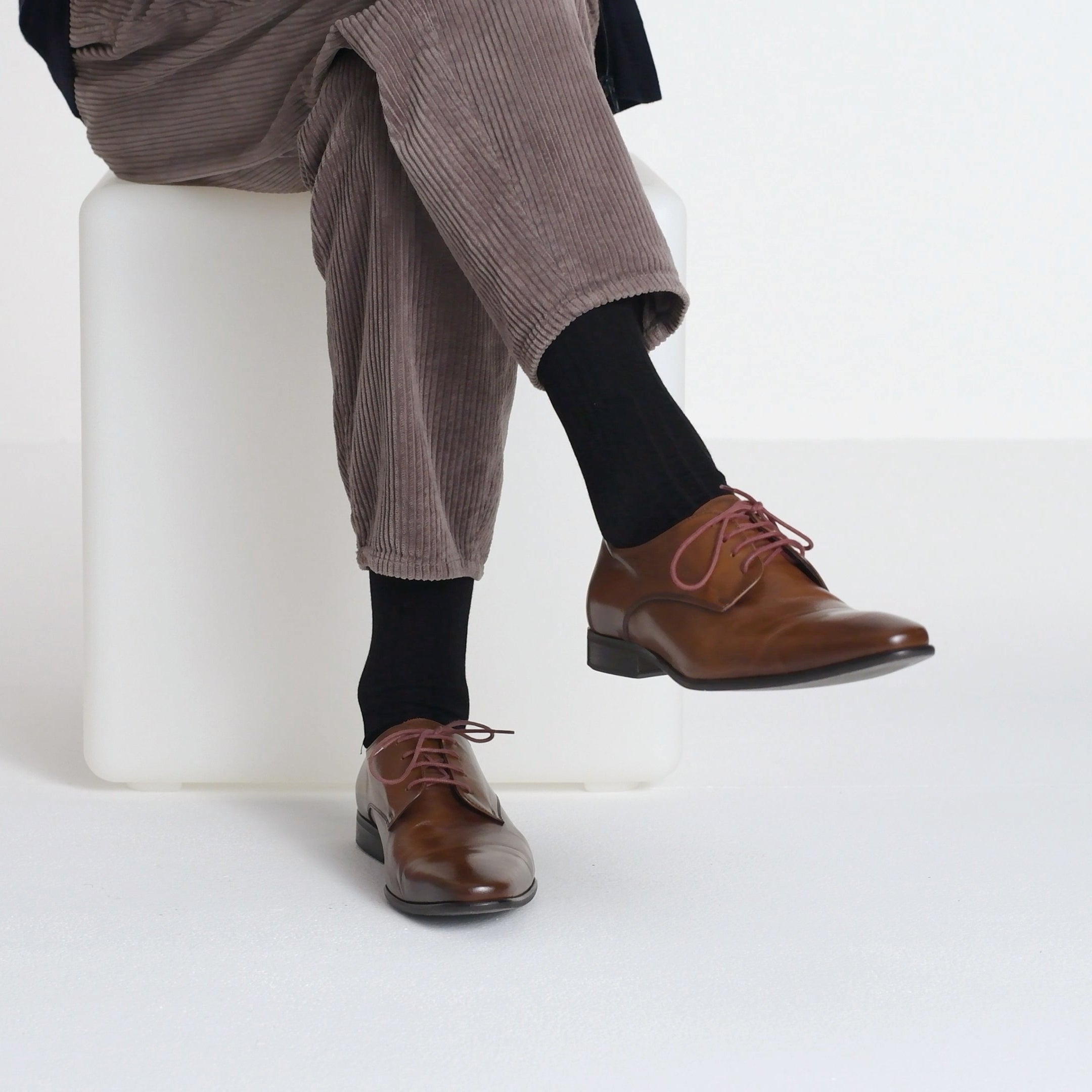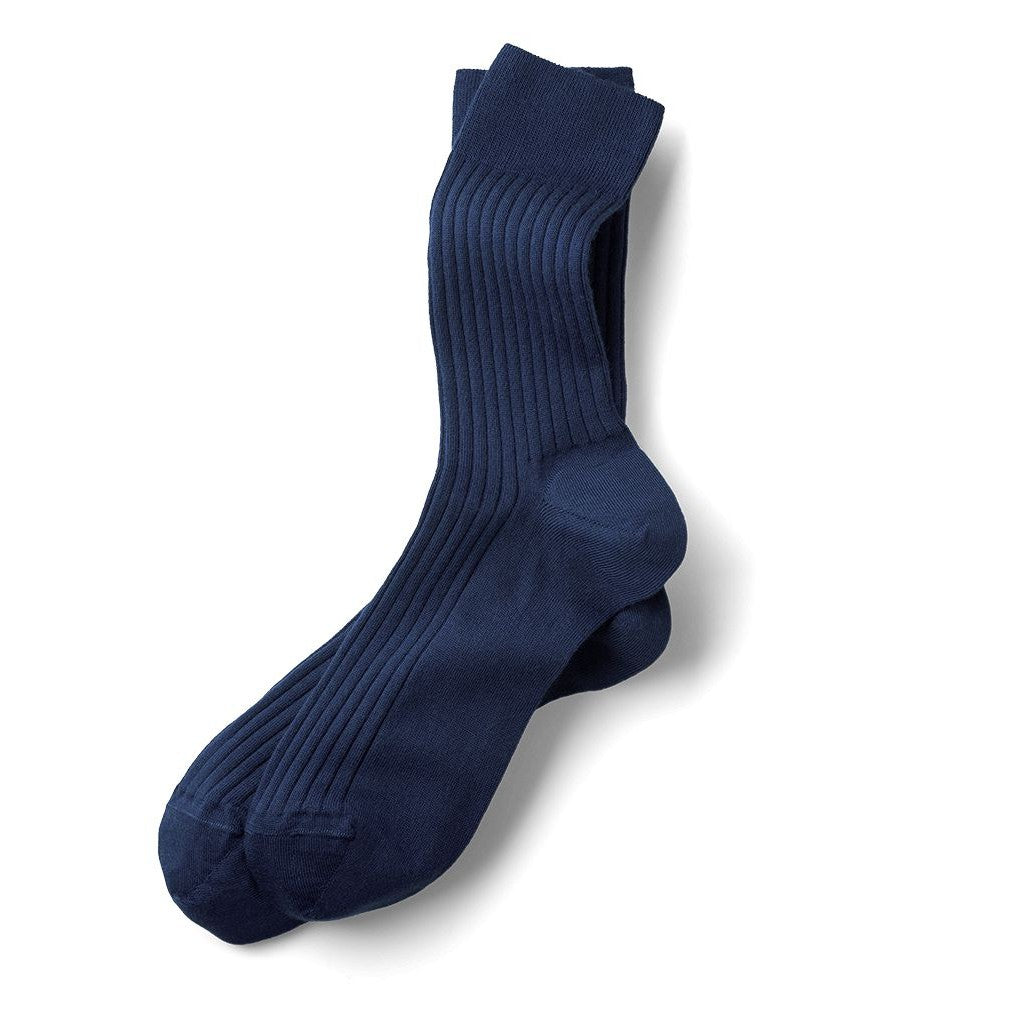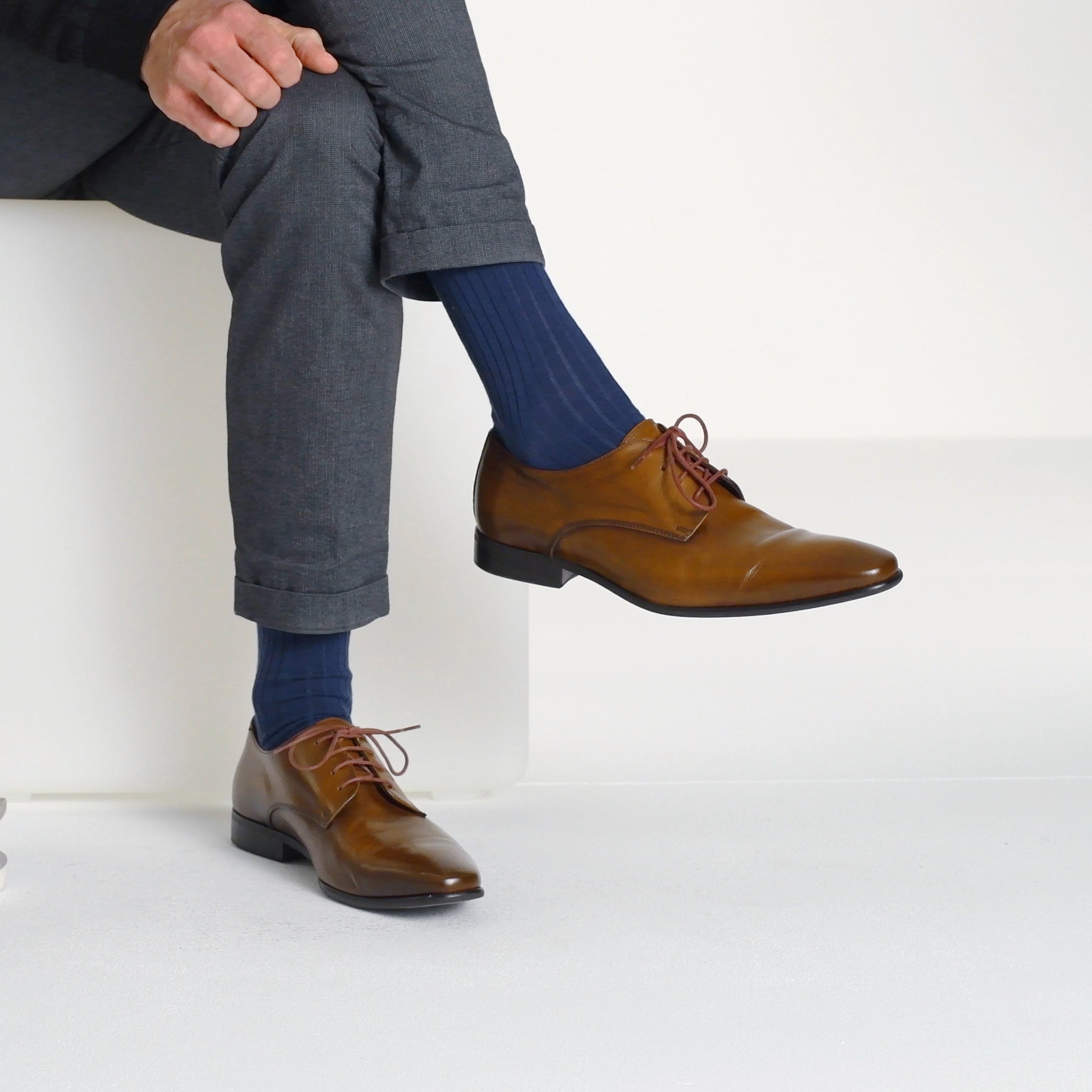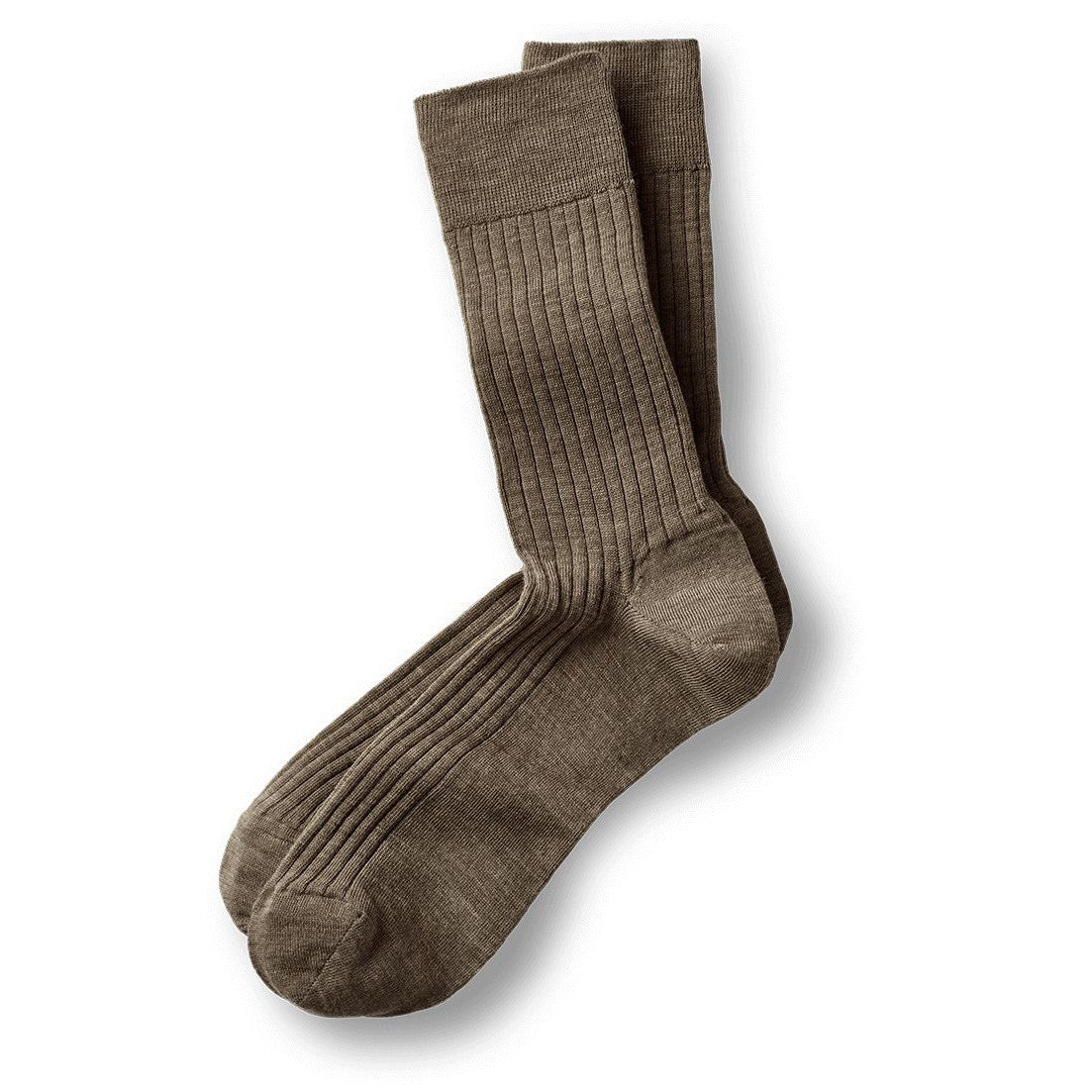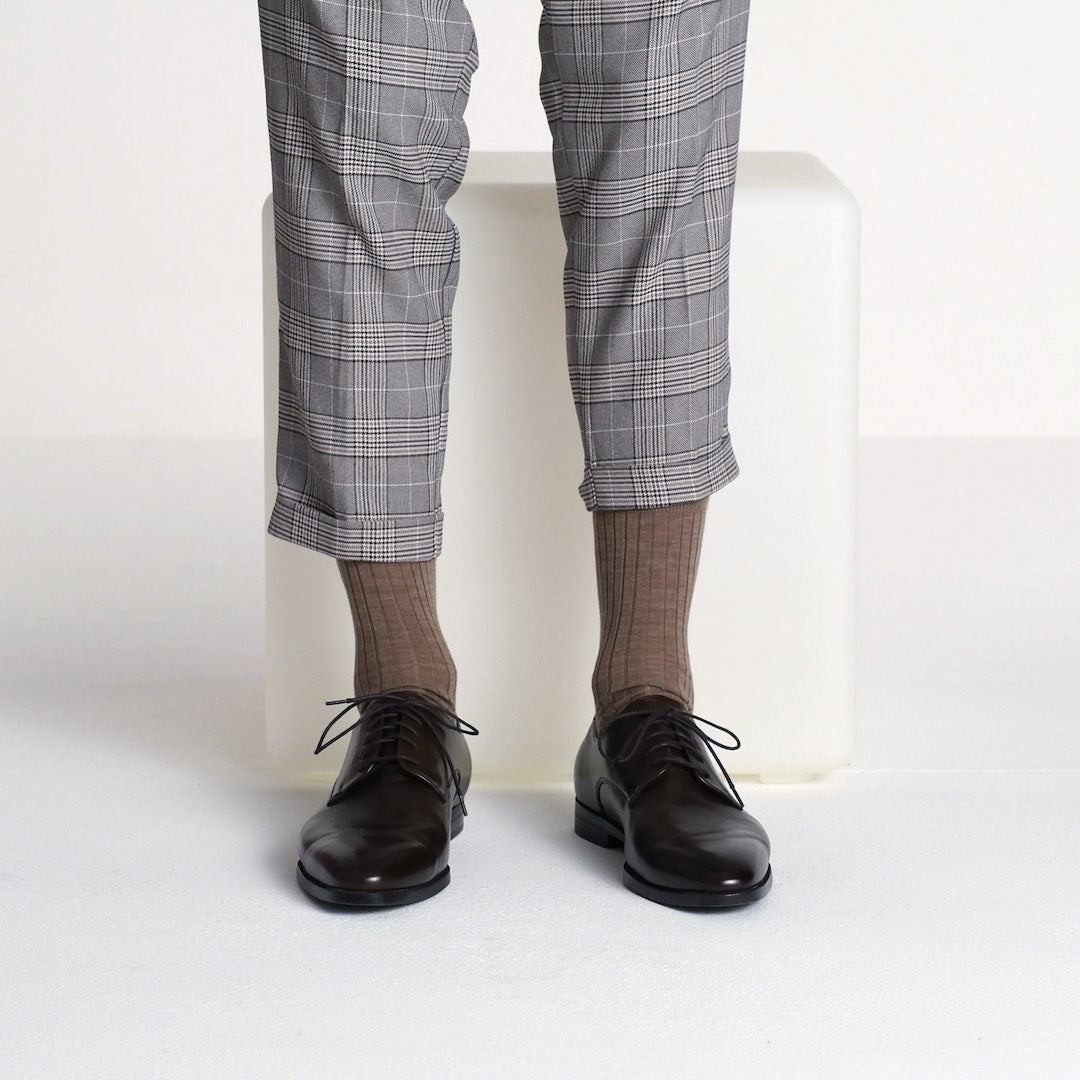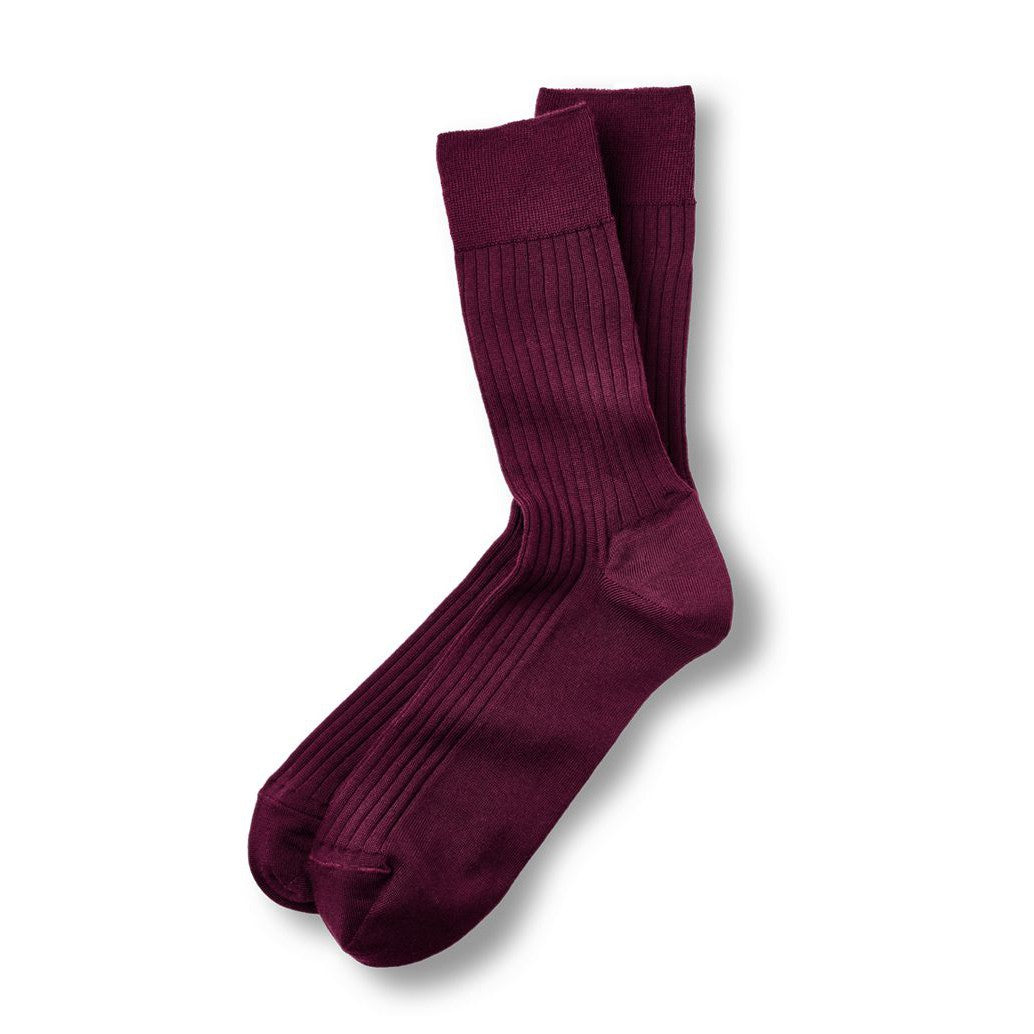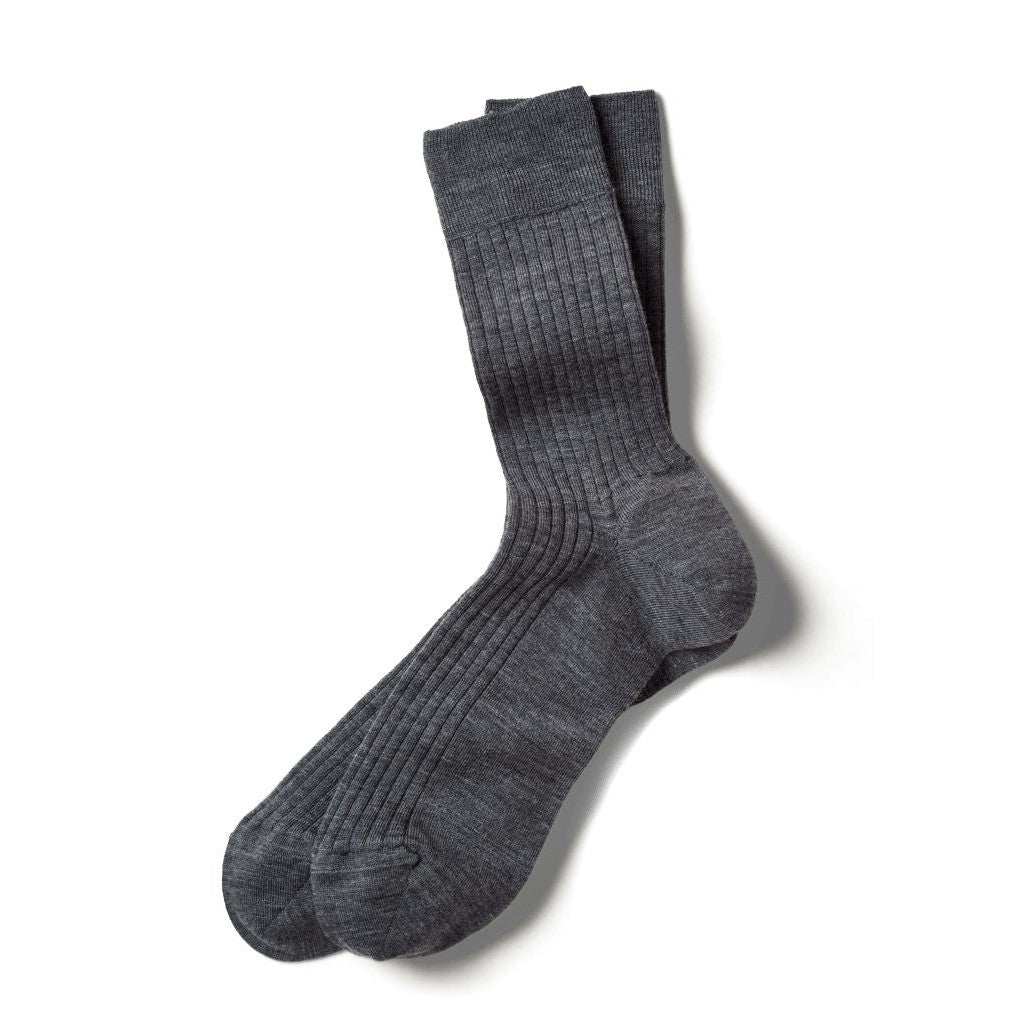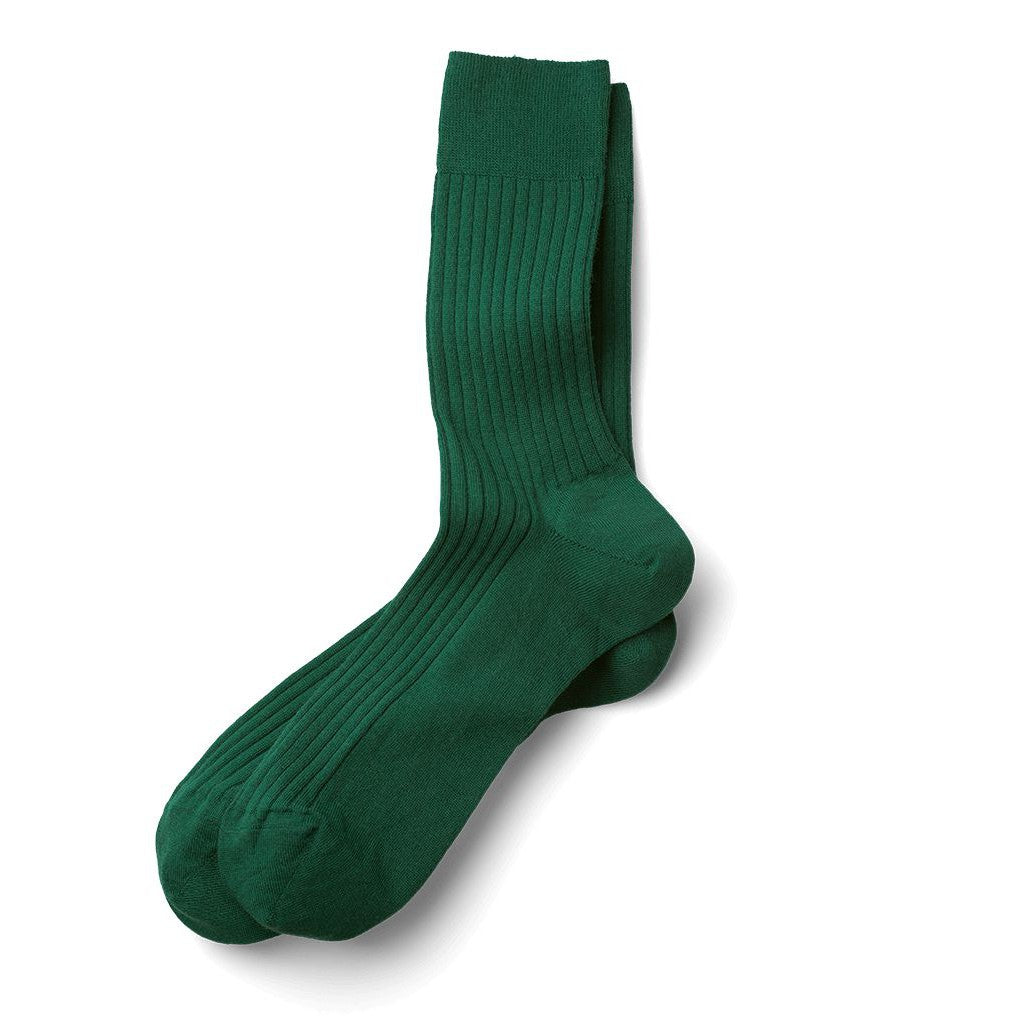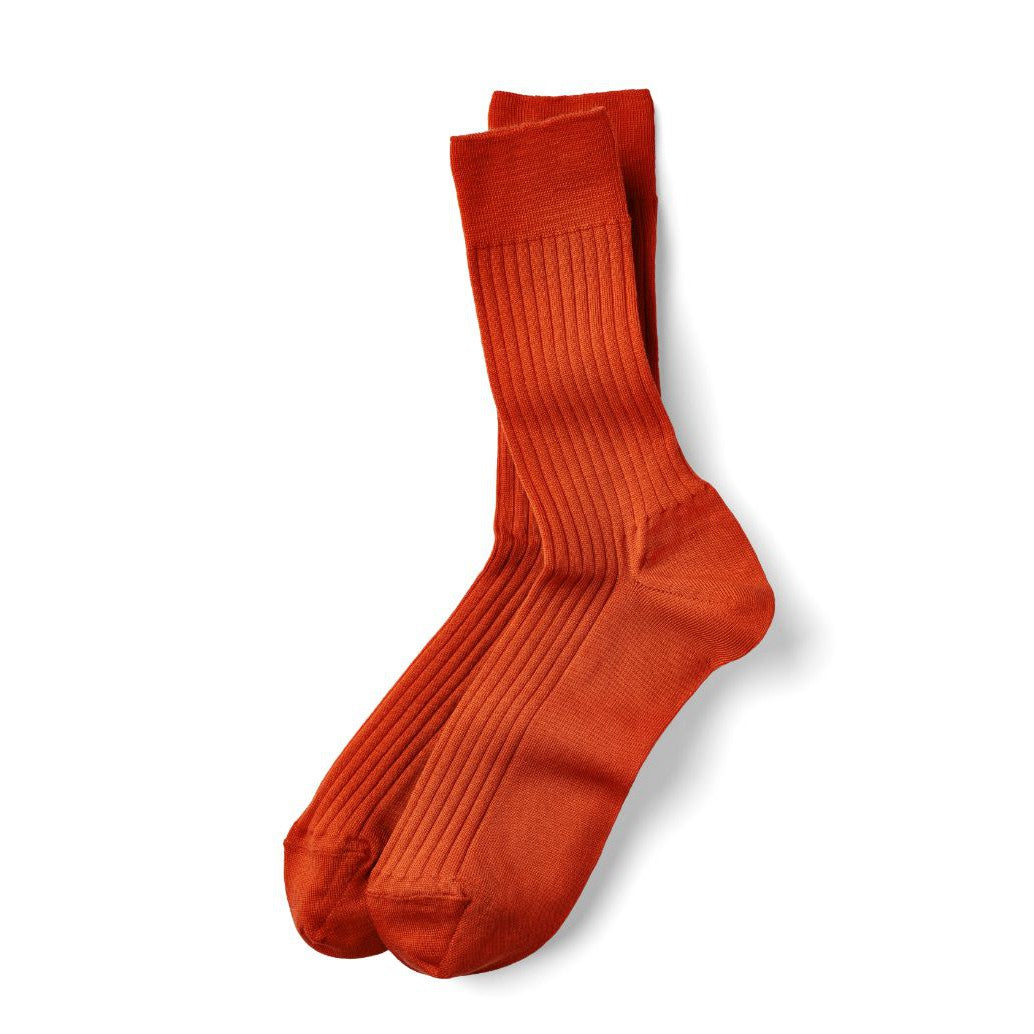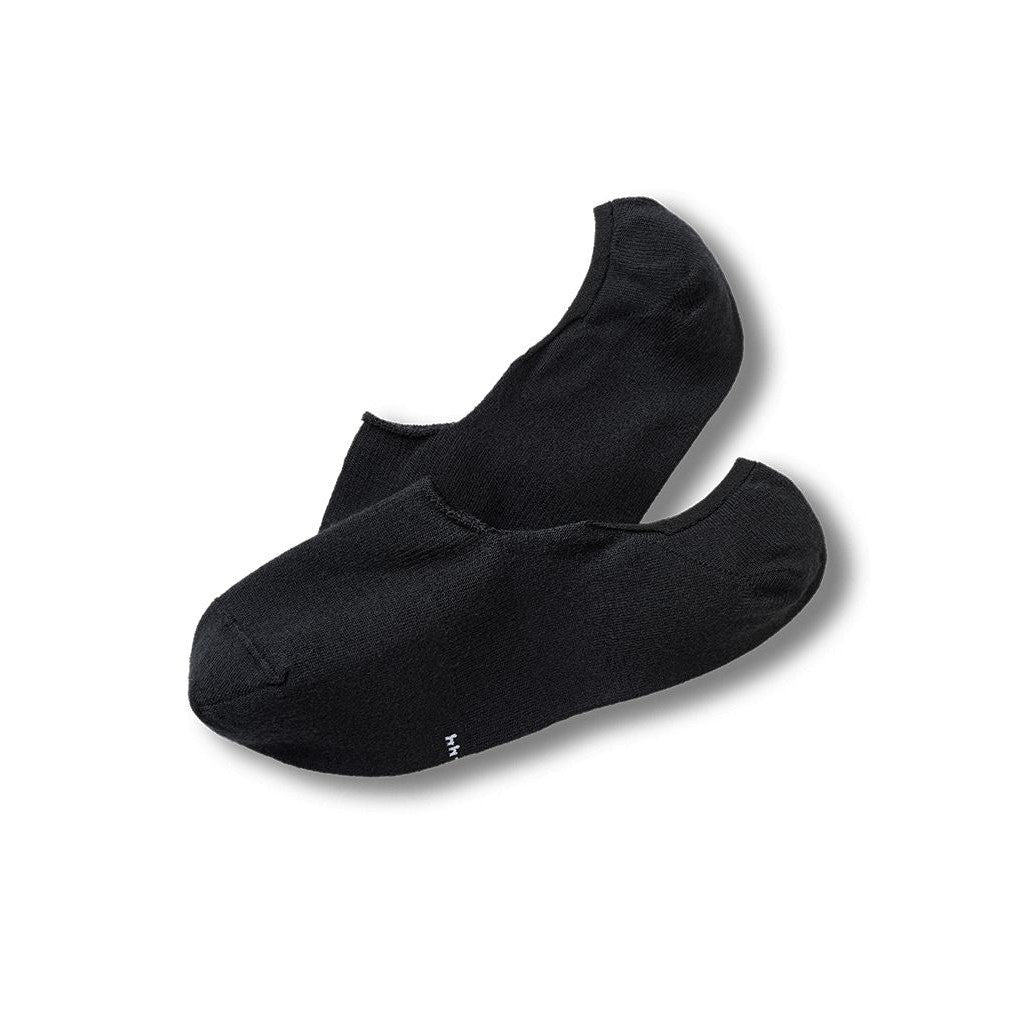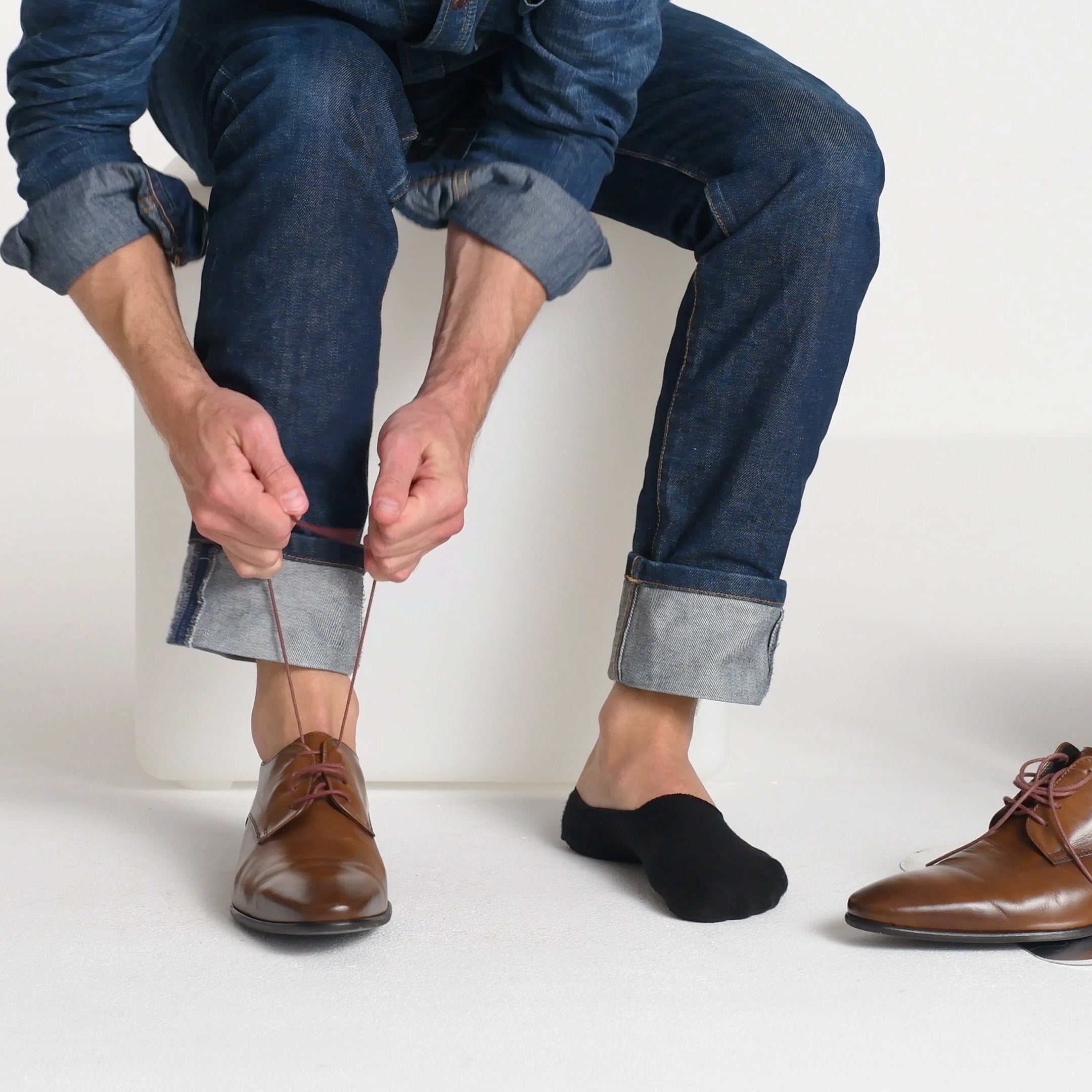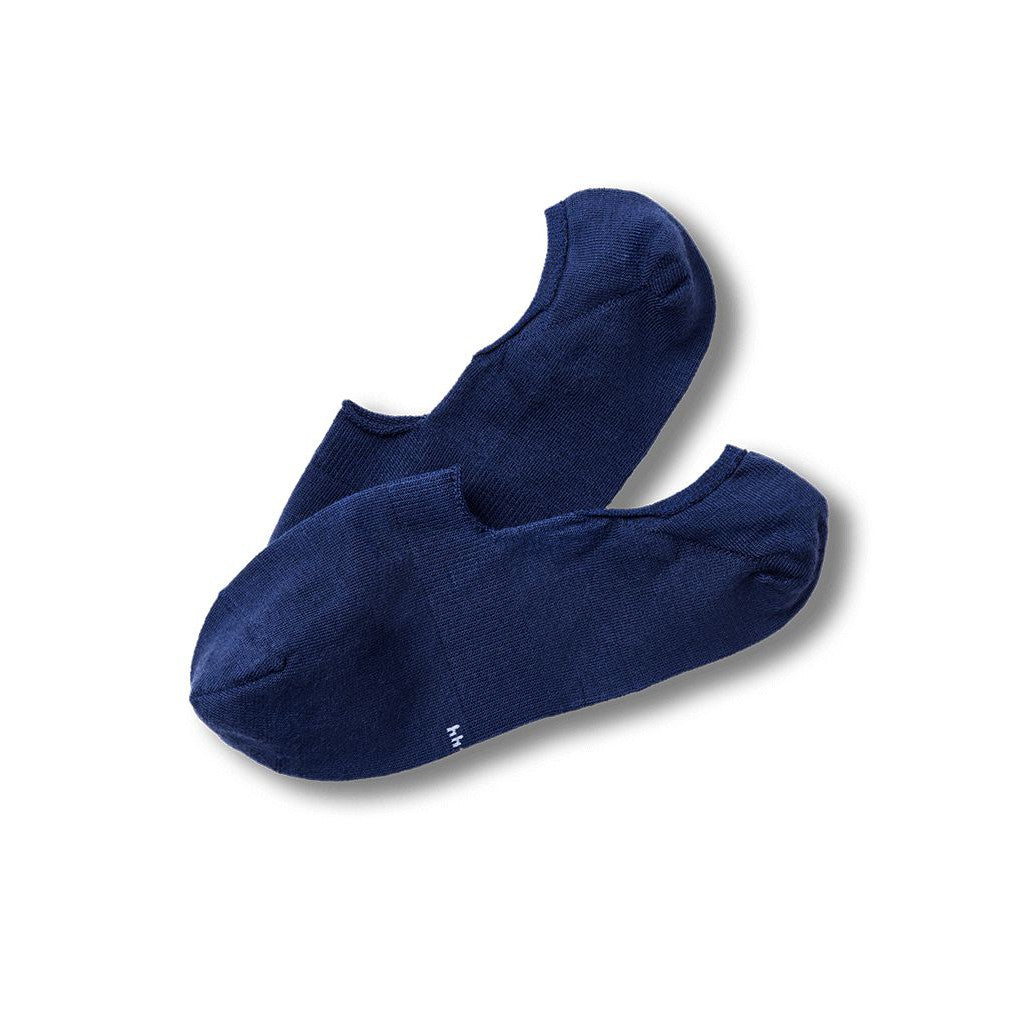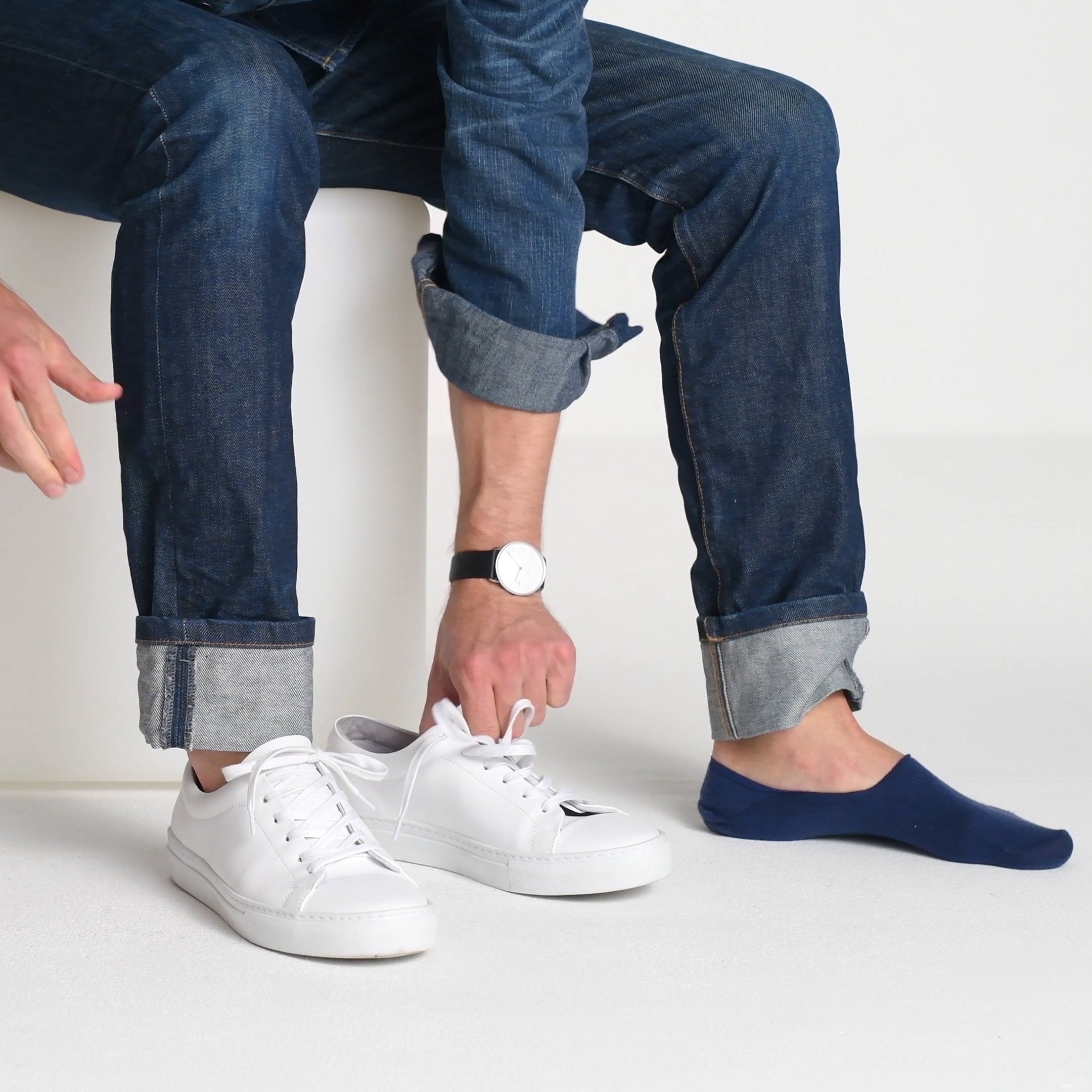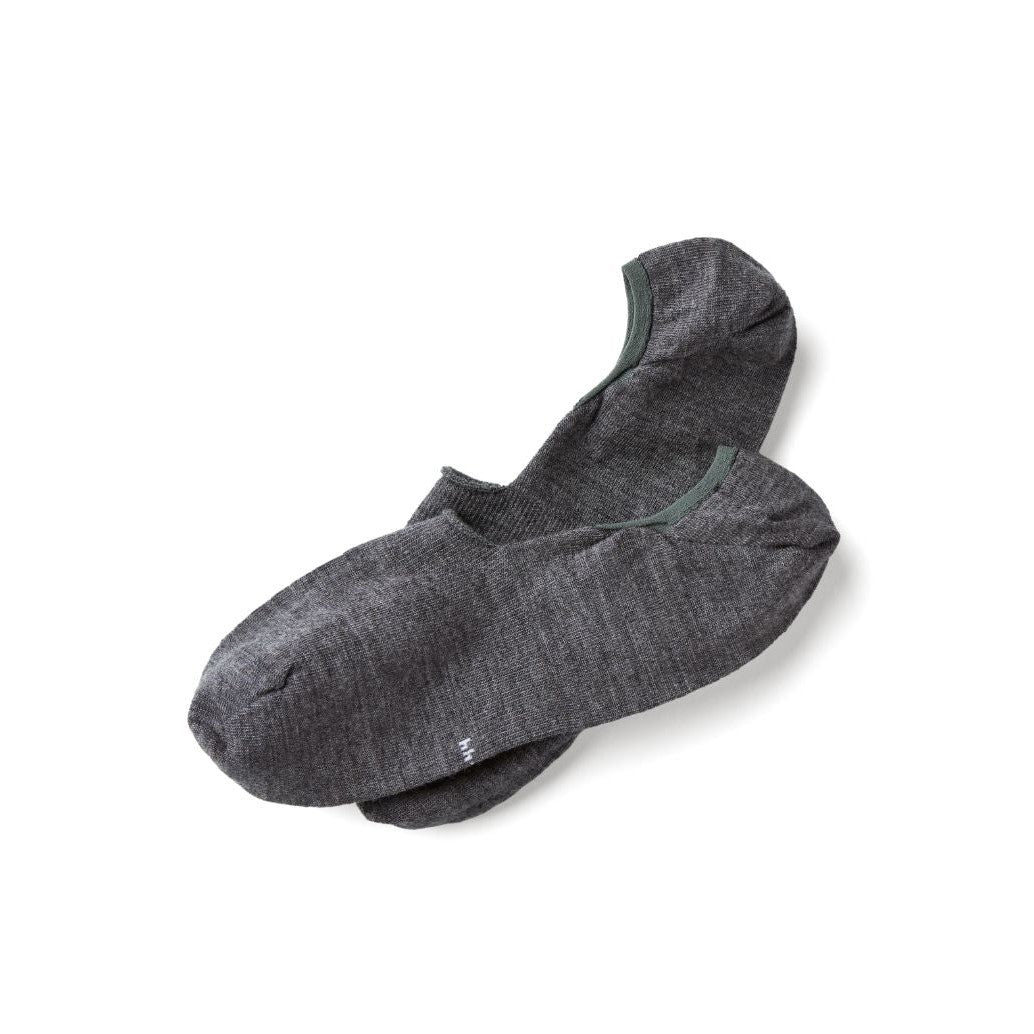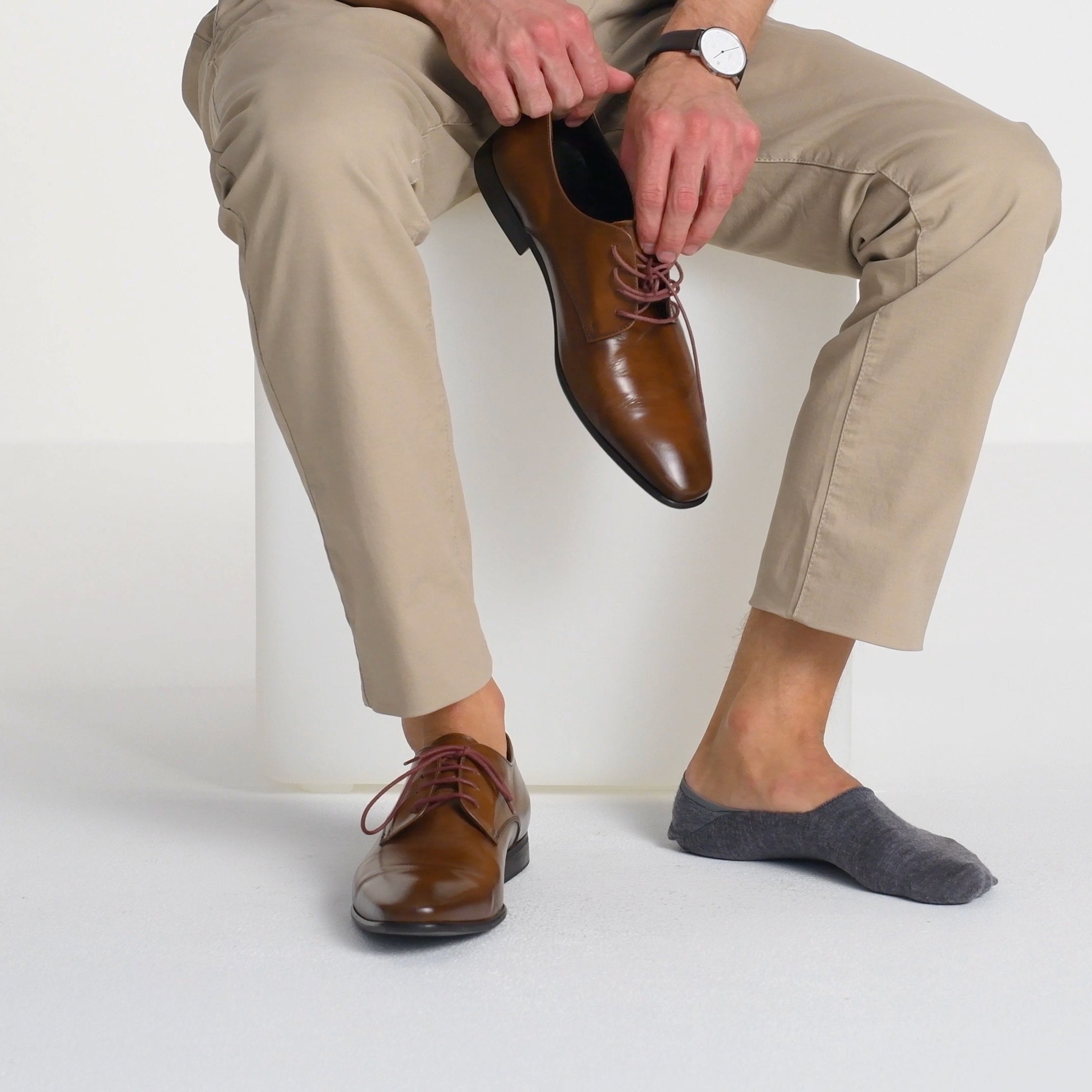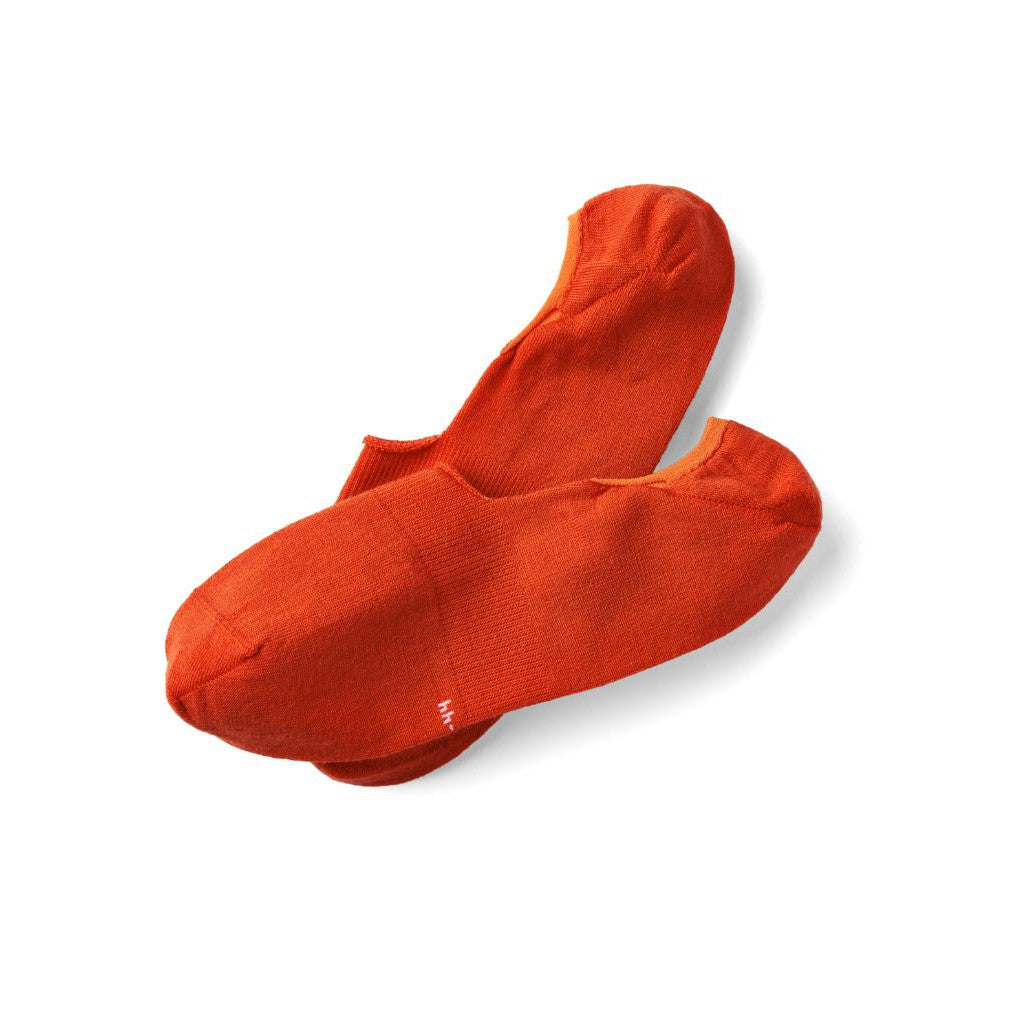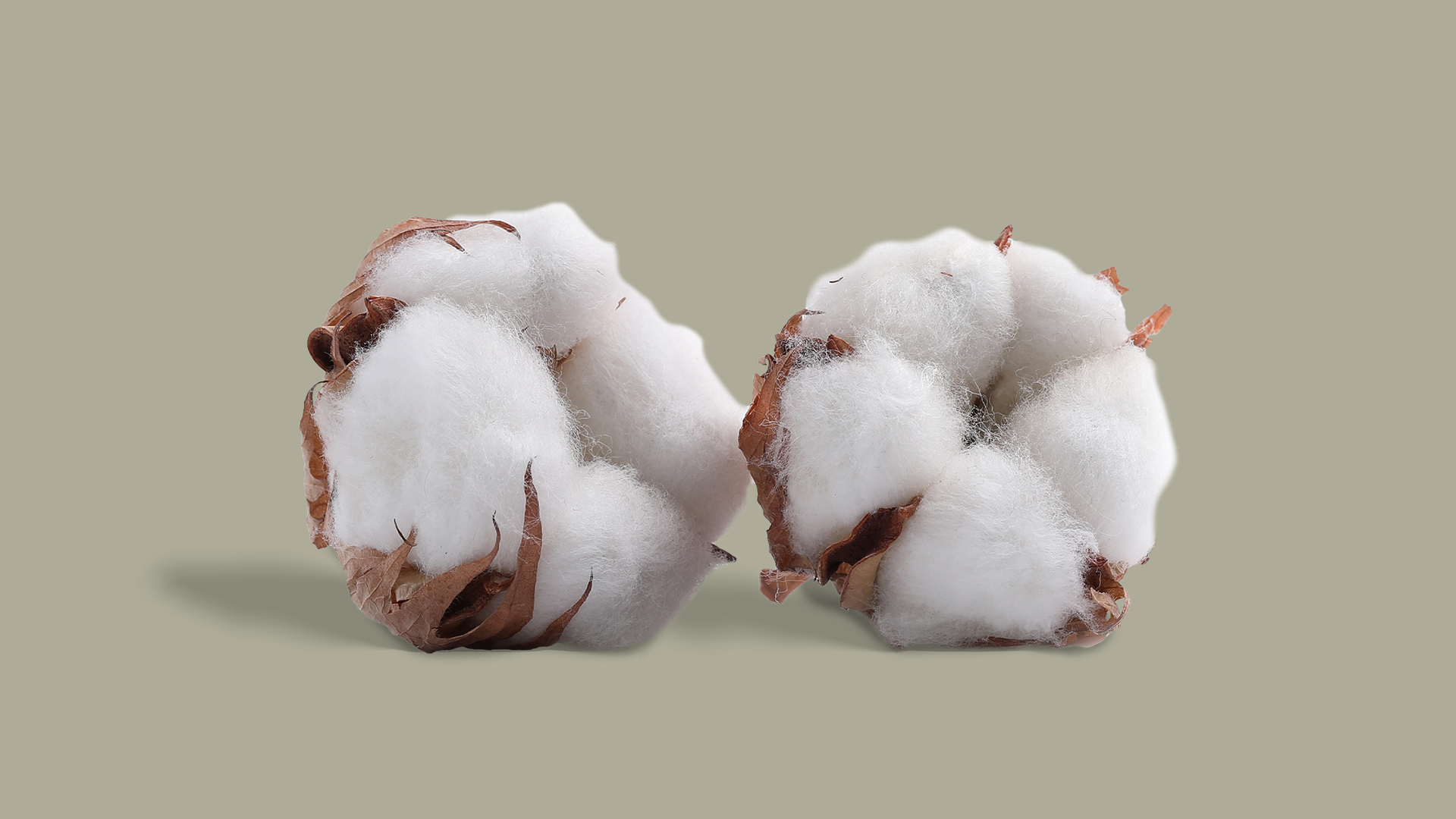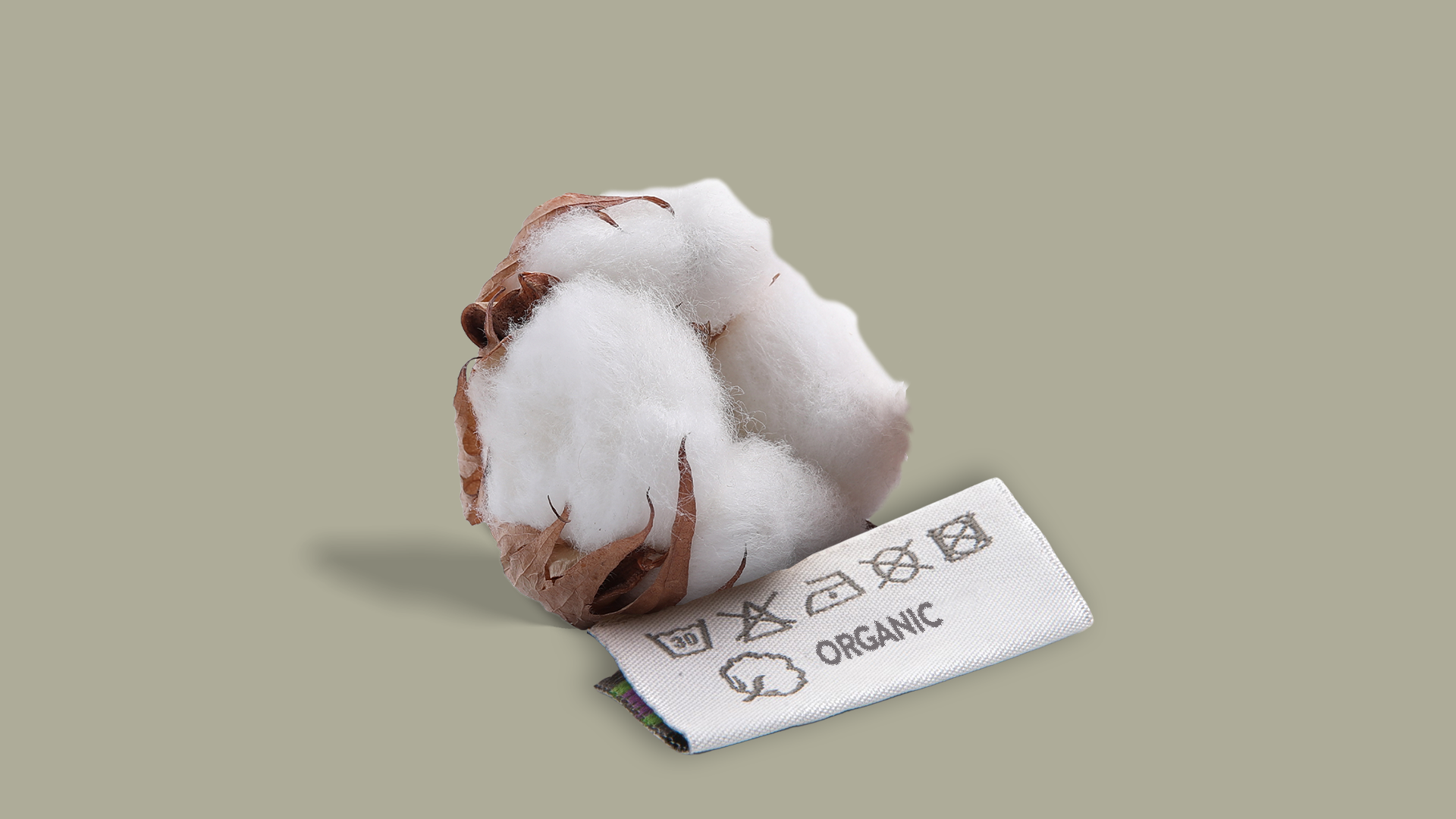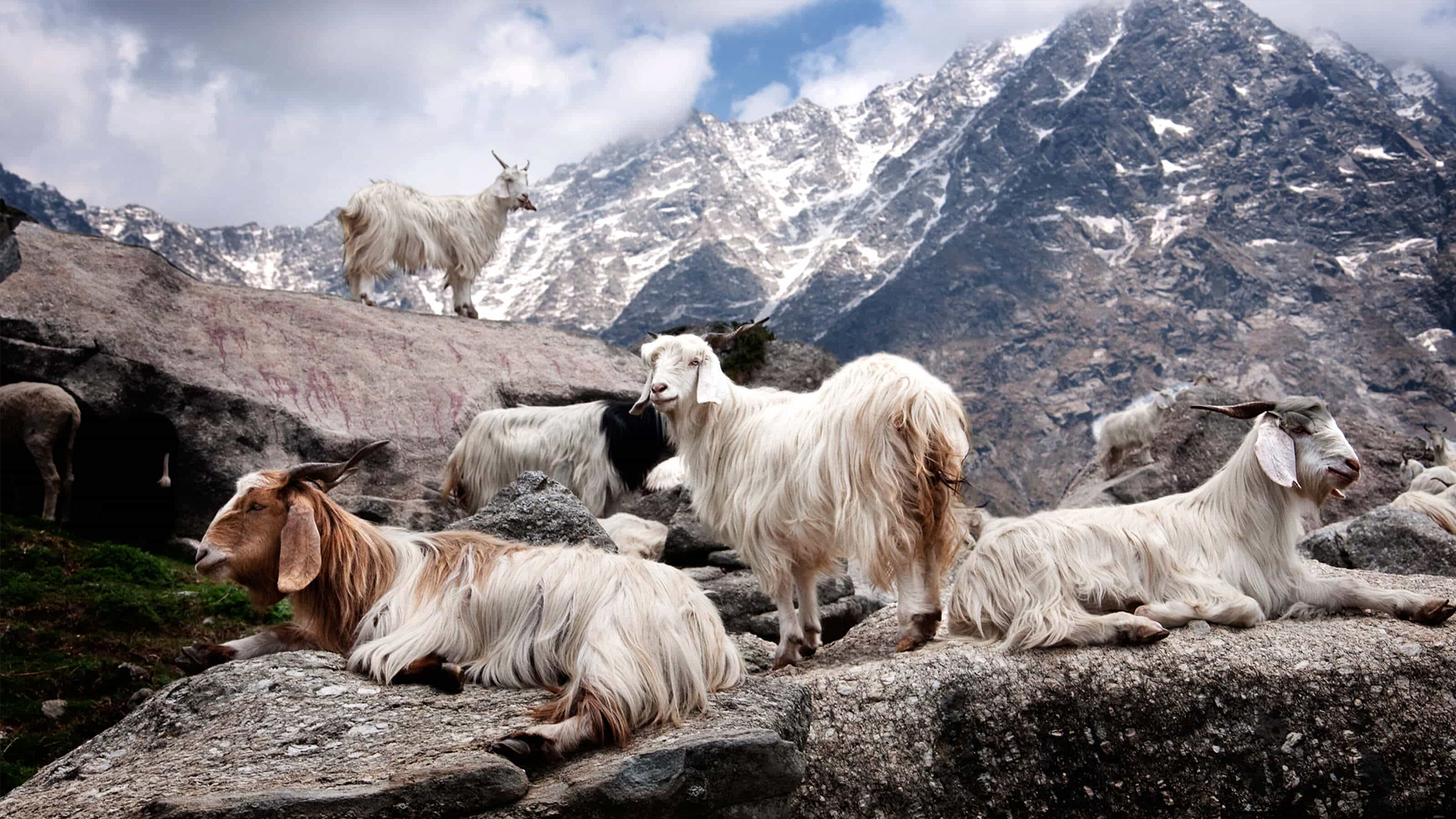Why merino wool?
Merino wool is one of the finest and most valuable natural fibers of all. It is often underestimated. Everyone who knows it appreciates it for its unique properties. It is best known for its softness and special fineness for a wool. But it has much more to offer than that.
Merino wool is breathable, odor-resistant and easy to care for. This makes merino wool garments just as suitable for muggy summer air as for dry winter cold. These are just a few of the things that make this wool so special.
Your advantages:
- Does not scratch the skin. A wonderfully soft wool.
- Excellent thermal insulation. Warms in cold weather and cools in warm weather.
- Even when it's wet, you stay warm.
- Does not stink. Even when worn for long periods, you will smell fresh.
Hardly creases and is easy to care for. - Sustainable and biodegradable.

Where does the merino wool come from?
The term merino comes from the merino sheep (or merino). Merinos were originally native to North Africa. People first exported it to Spain and later to other countries. Australia and New Zealand are the largest suppliers today. But the sheep can also be found in Germany and Italy today.
Over time, merino sheep have adapted to the unique topography and special climate. In the process, they have developed a robust coat. The light hair of this fine-wool sheep breed grows long and thin. They curl into downy hair and protect the animal from the cold. It can withstand exceptional climatic conditions and temperature differences of 50 degrees and more.
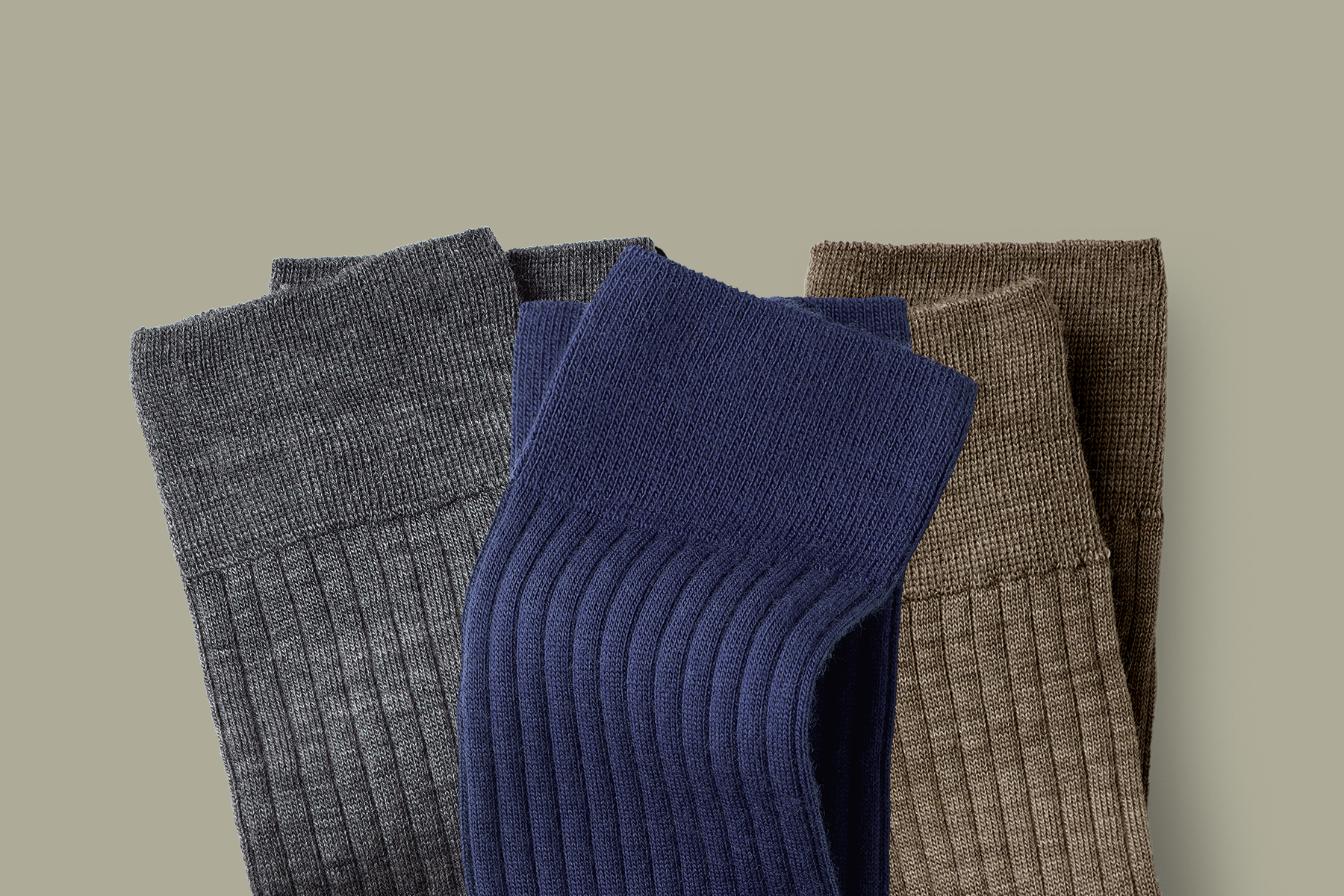
What is so special about merino wool?
You will be amazed at the versatility of merino wool. It impresses with its unique properties and benefits:
- Does not scratch on the skin. A wonderfully soft wool.
- Excellent thermal insulation. Warms in cold weather and cools in warm weather.
- Even when it's wet, you stay warm.
- Does not stink. Even when worn for long periods you smell fresh.
- Hardly creases and is easy to care for.
- Sustainable and biodegradable.
How does merino wool achieve this, you ask?
Why does merino wool not itch?
The strength of the fibers determines how supple a wool is. The fibers of merino wool are weak and flexible. This means that the hairs bend when they touch our skin and give us the typical soft feeling of merino wool.
We usually think of the scratchy feeling on sensitive areas of skin when we see wool. But not with merino wool!

Wool in summer?
As a good heat insulator, merino wool protects against the cold from the inside as well as from the outside in hot temperatures. This means you can wear merino wool in summer as well as in winter. Feel-good factor guaranteed!
Why can wool be worn in summer? In relation to its total volume, wool products consist of up to 85% air. Due to the crimped structure, the fibers lie loosely on top of each other. Our body heat is stored in the resulting air spaces. This creates insulation on the outside and creates a pleasant climate on the inside. This is why the wool feels nice and cool in summer. An additional plus is the natural sun protection factor of up to 50.
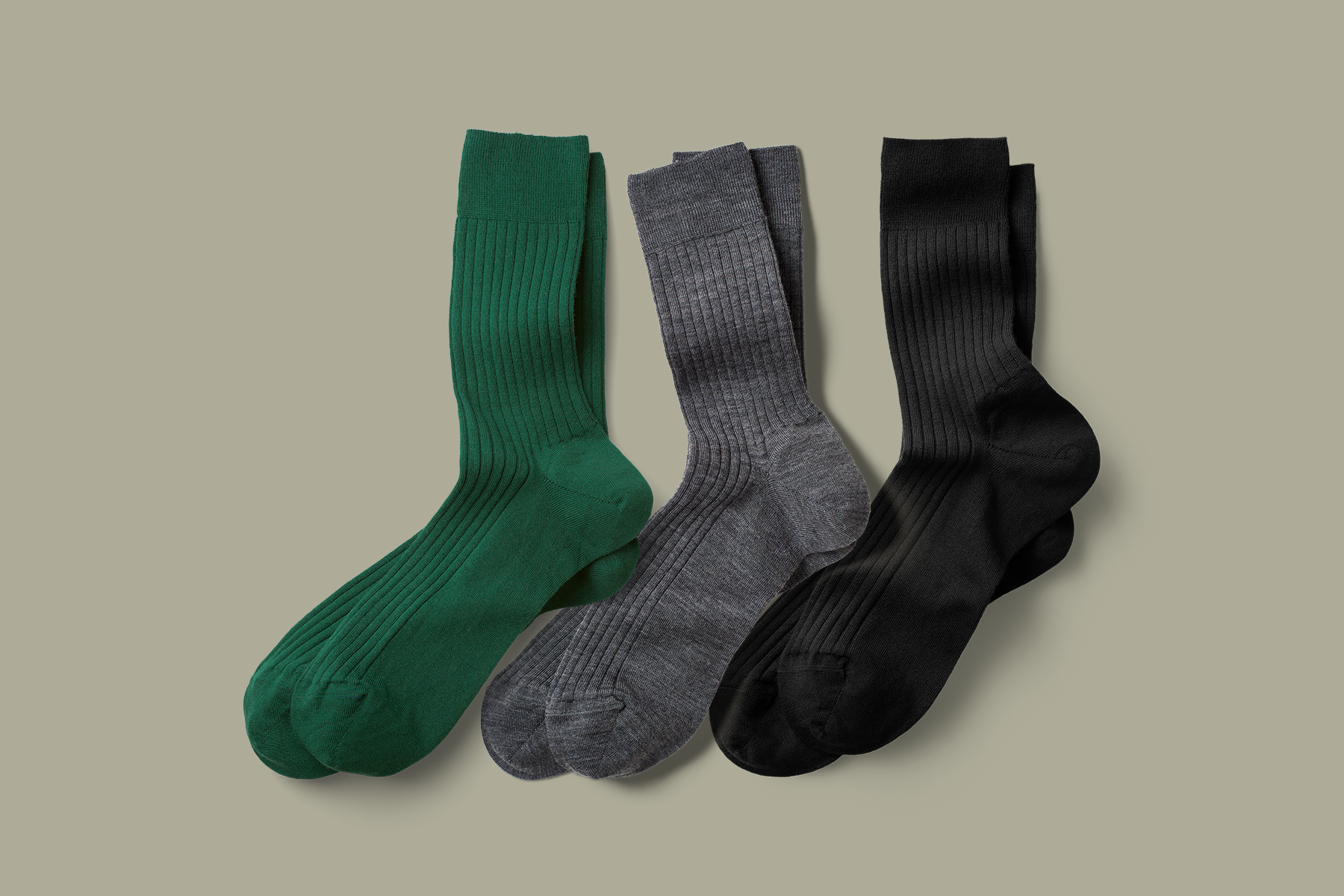
How merino wool protects against moisture
Merino wool handles moisture like an artist. On the inside, it stores water vapor, on the surface it repels moisture. In the meantime, the moisture is stored in the air chambers between the fibers. It can absorb up to a third of its own dry weight. Meanwhile, the fabric still feels soft to the touch. dry to the touch.
Thanks to this moisture regulation, the material dries quickly in the warm air. At the same time, it cools the skin through evaporation. Merino wool clothing is therefore comfortable to wear all year round.
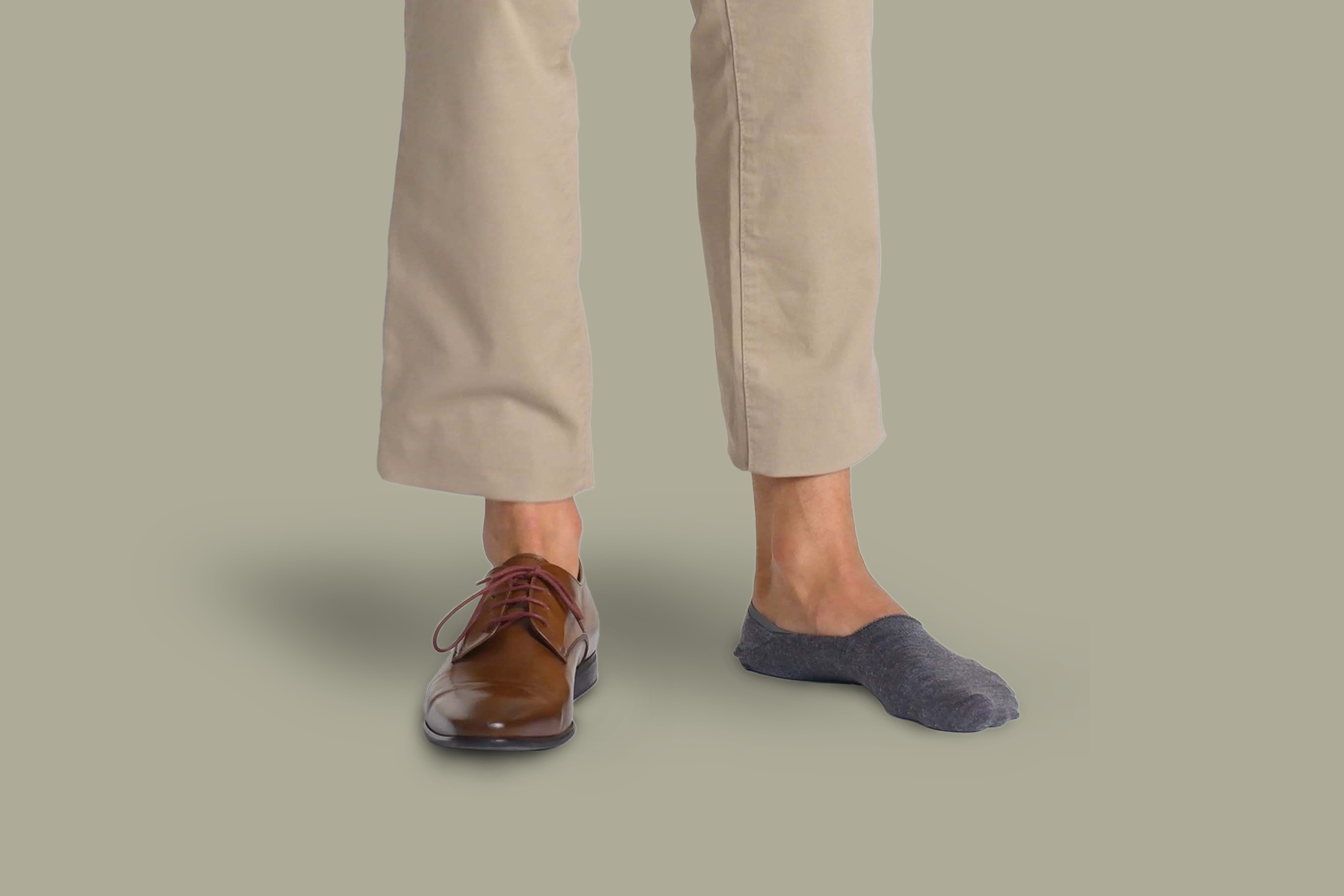
Say goodbye to the smell of sweat
You and your fellow students will not notice any unpleasant body odors, even if you wear it for long periods. This is ideal if you are out and about for long periods or have to adapt to different temperatures. With clothing made from synthetic fibers, the smell of sweat settles in the gaps.
Why doesn't merino wool stink? This is due to the scaly surface of the merino fibers. Bacteria cannot adhere well to it. In addition, the merino wool is unusually cleans itself unusually quickly. We couldn't think of a better way to do this.
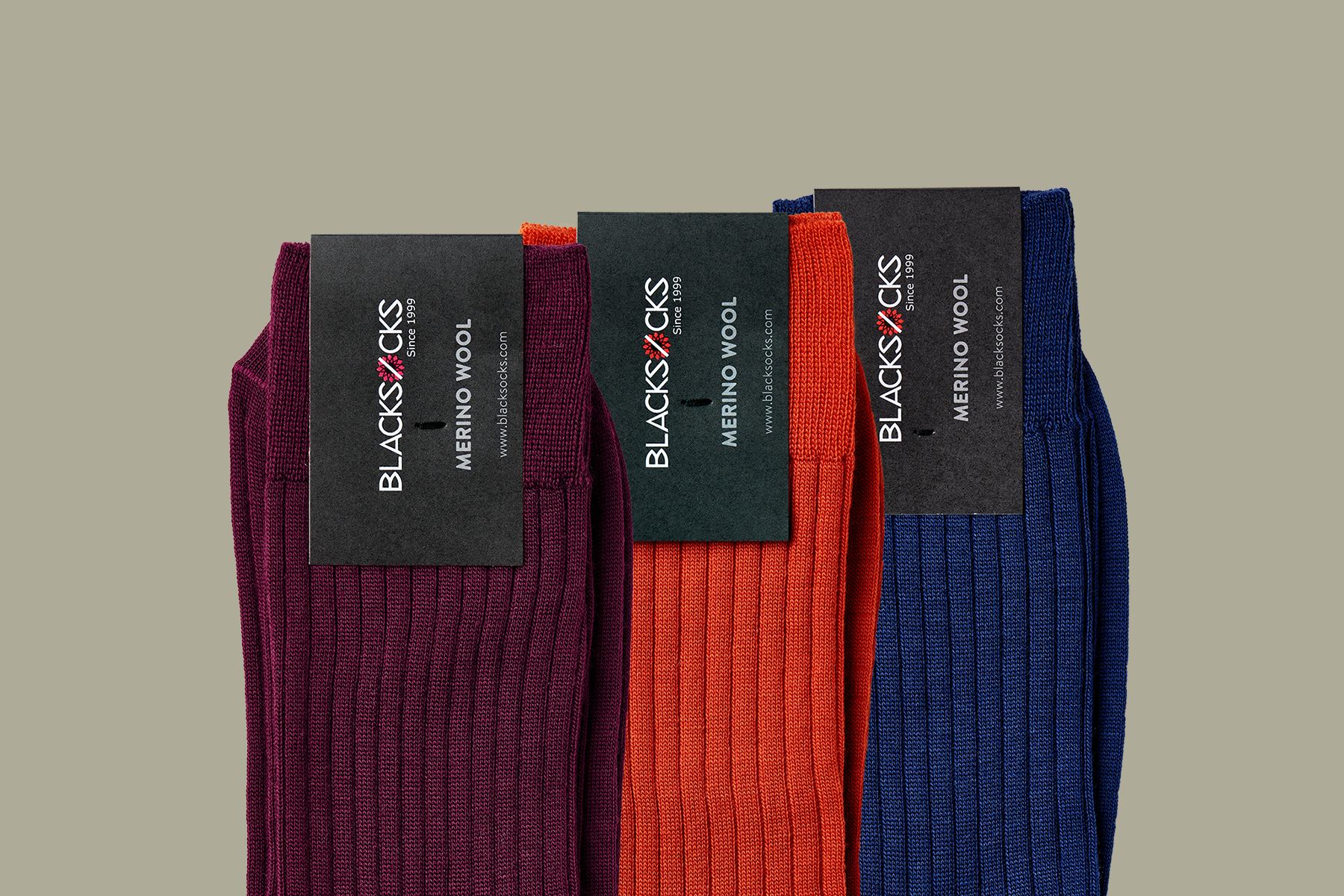
Merino wool in comparison
Merino wool has some unique selling points. From warm winter clothing to cool summer clothing, it can be used almost everywhere. Mixed with other materials, it can even be worn for sports.
What is the difference between new wool and wool?
As the wool is processed directly after shearing, we speak here of new wool. In contrast to wool, which is also made from the remains of recycled or used textiles. Another characteristic of new wool is that it comes from a living animal. Our merino wool is Virgin Woolwhich means that for the first time (not recycled) processing. It comes directly from the merino sheep in Australia.
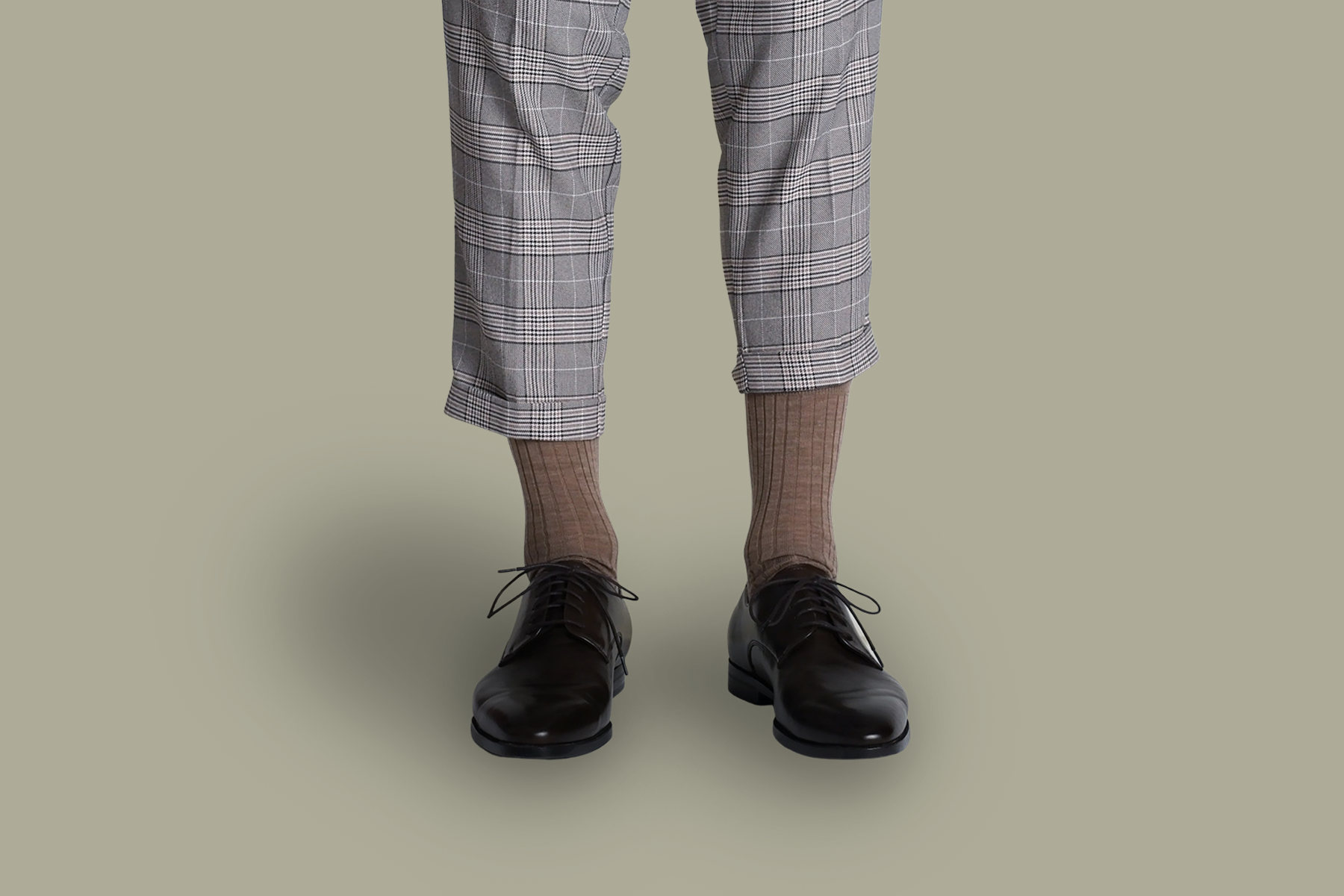
How to take optimum care of your wool products
Merino wool is easier to care for than any other fabric. does not creaserarely fluffs and makes life easier thanks to its natural self-cleaning effect much easier. There is no danger of electrostatically charging others or suddenly catching fire.
The advantage of all natural fibers is that they have a natural self-cleaning function. This means that merino wool needs to be washed less frequently. Dirt rolls off and absorbed odors are released back into the air. This means the wool smells neutral again after a short time.
How do I wash merino wool?
Hanging the garment in the fresh air for a few minutes after wearing it is usually sufficient. If you want to wash merino wool, the label is the best guide.
In most cases, we recommend the wool or hand wash program or the wash program at 30 degrees. Then pull the merino wool into shape and leave it to dry flat.
It is even easier with Total Easy Care. Thanks to this finish, the clothing does not shrink and remains durable for a long time. This carefree washing program also applies to our merino wool products. Wash at 30 degrees without the textiles shrinking, losing color or staining.
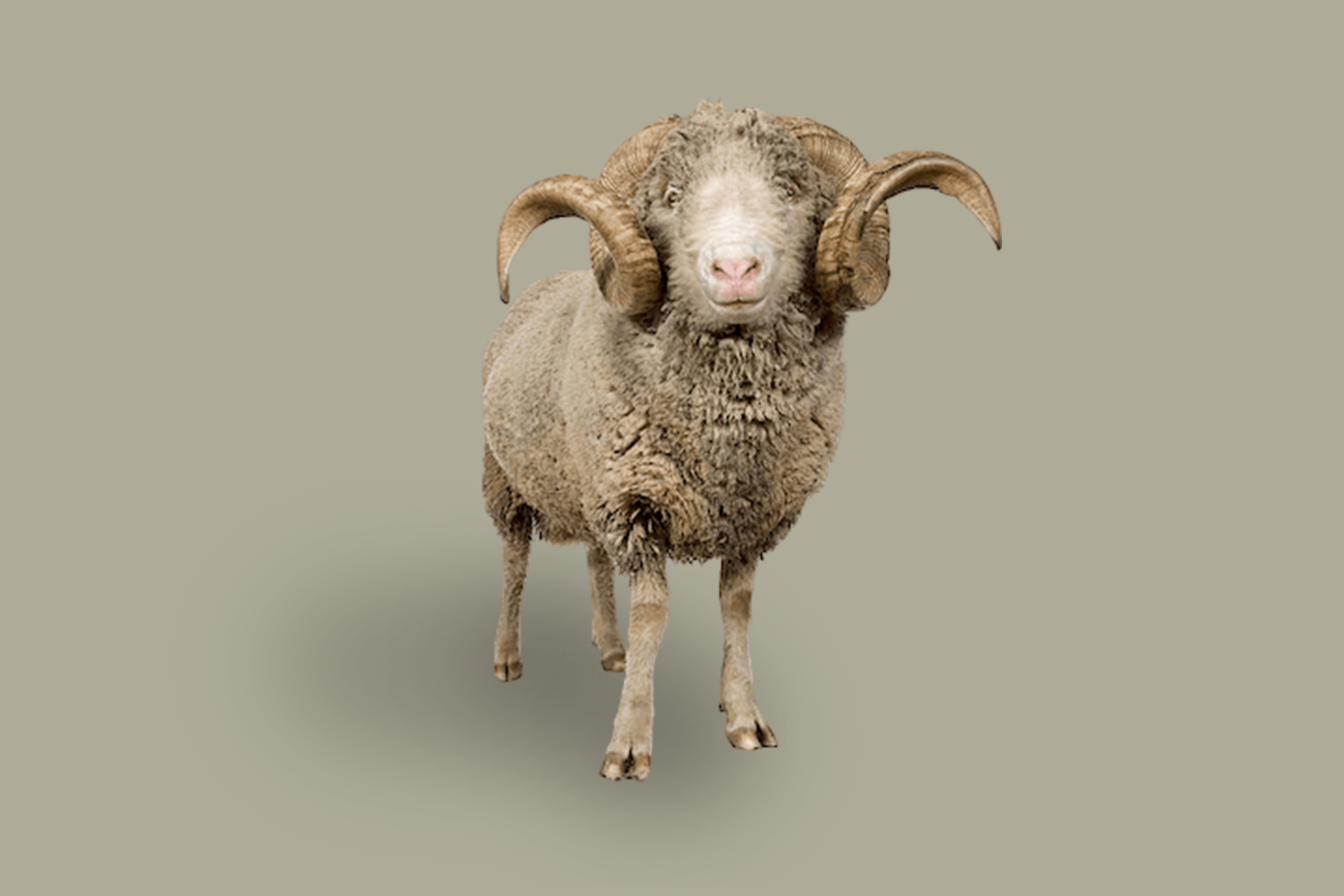
Buy wool from happy sheep
From an ethical point of view, you should be aware of how merino wool is obtained. Therefore, remain vigilant in your search for quality merino wool.
Look out for the term "mulesing free". Merino sheep are good wool producers due to their strong skin folds. But it is precisely in these skin folds that flies like to lay their eggs. In order to prevent dangerous parasites, a brutal practice was developed. Young animals have flaps of skin the size of plates cut out of their anus in a cruel way. This procedure is called mulesing.
Because this causes the sheep severe pain (also in the long term), we reject this method. Our Merino products come exclusively from sheep that have not been mulesed. High-quality merino wool is also guaranteed with species-appropriate husbandry. This costs a little more, but we owe it to both the sheep and your conscience.
A sustainable choice
From an ecological point of view, merino wool is a good choice. It grows back regularly and is biodegradable. The processing leaves hardly any chemical waste or plastic. Our merino products are manufactured in Italy and therefore do not have to travel long distances by plane or ship. So you can enjoy the warmth every time with a clear conscience.

High-tech from nature
Our all-rounder, the merino wool socks, will keep your feet warm even on the coldest days.
They are breathable, odor-repellent and always keep your feet warm, even on cold days. See for yourself and order our versatile helpers now!

Luxury for your feet
With the subscription, you will receive Merino wool socks delivered to your home at regular intervals. You can choose the color for each delivery.

